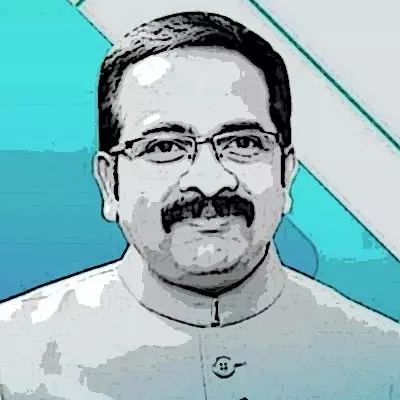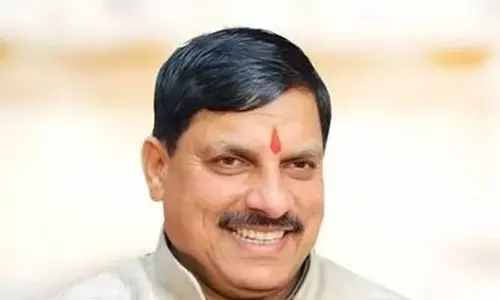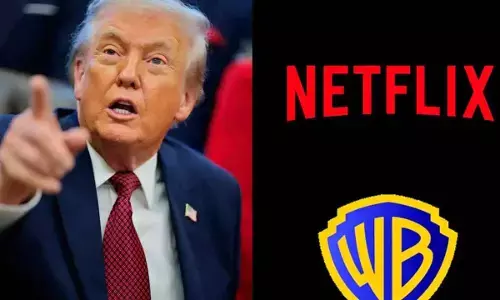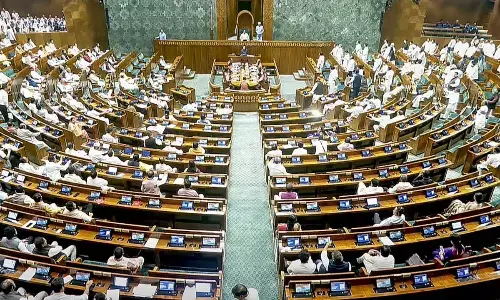Is China a new enemy?
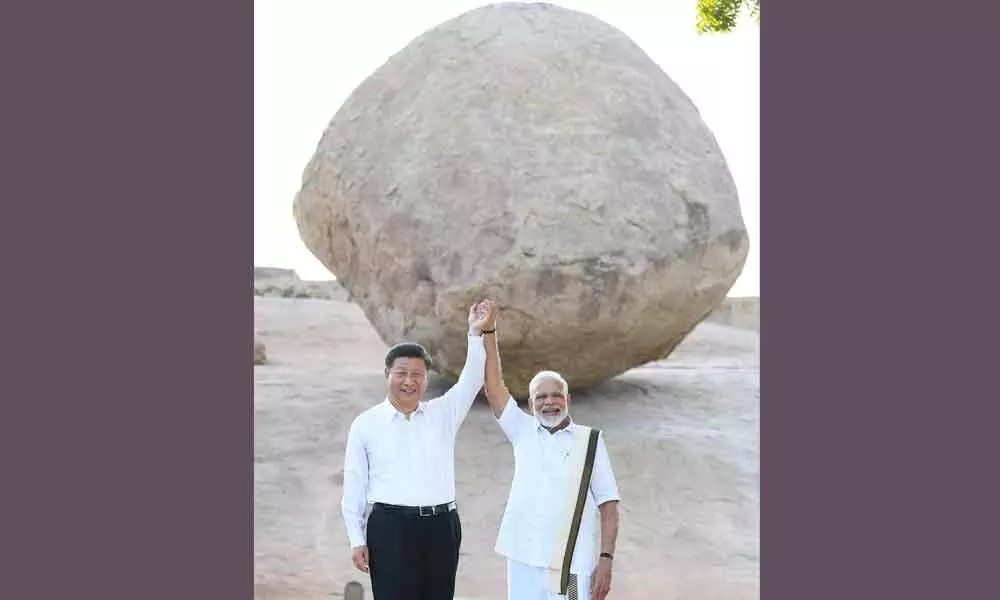
While India had a limited war with China in 1962, and two military skirmishes in 1967 and 1987, successive Indian governments did not consider China as much a threat, as Pakistan. ‘Hindi-Chini Bhai Bhai’ was a popular national slogan in 70’s through 80’s and 90’s. Such was the government induced mood of the nation.
Does India have a new and official enemy in the neighborhood - The Socialist Republic of China?
While India had a limited war with China in 1962, and two military skirmishes in 1967 and 1987, successive Indian governments did not consider China as much a threat, as Pakistan. 'Hindi-Chini Bhai Bhai' was a popular national slogan in 70's through 80's and 90's. Such was the government induced mood of the nation.
China is a nation of fighters. They are born survivors. Chinese have understood very early and clearly that all power lies in 'economic strength'. China's population size and geography dictated its national agenda since 1948.
A Communist party led China in the garb of a Socialist Republic, unleashed 'free economic agenda' since early 70's riding the peak of western capitalism. China timed its economic policy without having to be coerced by challenging economic situations, unlike India.
Around the same time, India under the leadership of Nehru dynasty was baby gloving its economy towards self-sustenance, license-raj and protectionism.
India being a democratic, multi-party parliamentary system, with a stable and unchallenged government for over three decades from 1947 to 1977 fell short of strategising for long-term macro-economic objectives. India missed out on massive economic opportunities in 70's and 80's with the leadership's focus on their political survival, self-interest and political future, instead of formulating India's economic future.
It took India a massive economic crisis in1990's to rush to a realisation and redraft its macro-economic policy to walk a new path of economic strength, and not mere sustenance.
By then, China has invested into their long-term economic rise by identifying the manufacturing and trade as their core strengths, almost 25 years ahead of India.
Visually metaphorised as an elephant, India stayed as a large nation with a sluggish economic and foreign policy competence. It had less agility to transform, unlike the fast paced and viciously agile Dragon, China.
Strategic leadership is not about reactionary last-minute decisions. Strategies are long-term executable plans with vision and clear macro-objectives. Strategy also entails measures and counter measures along with resolutions and counter-offensive options.
Even after 1962, 67 & 87 military conflicts, China was not considered 'an enemy nation' by India. In fact, it was not even considered a real threat for our territorial integrity. Successive governments could have arrived at permanent agreements bilaterally through active international engagements at multiple fronts, instead they kept the border conflicts with China alive for over 50 years.
As I see, history highlights 3 major pitfalls in India's assessment of China as a formidable enemy nation.
Incompetent political leadership
Indian political and governance ecosystem was dominated by Nehru family dynasty for around 6 decades unilaterally. The Congress party had the luxury of staying in power continuously without having to reform, perform or transform.
In 73 years of independent India's political history, 60 years were clearly dominated by the Congress party. The Congress has created and piled up more conflicts, problems and issues both in domestic and international fronts and have hardly resolved any. The Congress was both a creator of conflicts and a continuer, it kept them multiplying in degree and size over decades.
Status-quo on domestic and international conflicts seemed to be a signature political and governance agenda of the Congress party. It suited their style of politics.
If China was not considered a formidable adversary and a definitive enemy of India all these years officially, is it not the absolute incompetence of the political and governance leadership of the Congress party?
If successive Congress governments did consider China as an enemy, where is the 'China-Policy' which enlists a long-term multi-front strategic doctrine? What were the measures and counter measures against China? Where are the bilateral accomplishments or conflict resolutions of any measure in the 60 years of Congress rule?
Incompetent bureaucracy
The colonial practice of enslavement to political bosses, and complete disregard for result-orientation has rendered Indian bureaucracy paralysed and heavily short of finding solutions, to domestic and international problems. 70 years of status-quo on serious issues highlights the absolute incompetence of the Congress regimes. It is the political leadership which ought to have vision and clarity to understand, categorise friends and enemies of a nation. However, it is the responsibility of bureaucracy to analyse, brief and find solutions to the impending issues and conflicts challenging the nation.
There is no competitive, coercive and aggressive 'China Policy' considering it as 'an enemy State' all these decades. If there is nothing achieved on any front in finding solutions to compelling bilateral issues between India and China since decades, who is responsible?
Age-old conflicts with China are unresolved and no pressure tactics have been used against the enemy. No cost-of-conflict with India has been imposed on the adversary all these decades. If nothing is achieved through diplomatic and other fronts, is it not 'down-right failure' of the bureaucracy?
Honesty is a non-existent value
Unfortunately, a nation which has inherited a legendary ancient civilisation and time-tested human values over last few decades, has seen massive erosion of core values which once defined it.
'Honesty' has become an extinct national value in India. Propagating 'Hindi-Chini Bhai Bhai' during Indira Gandhi's regime was an incompetent ploy to cover-up the lack of courage and honesty to state the fact that 'China is an enemy nation'.
In a democracy, one doesn't need to hide the facts from people of the nation. In fact, an honest democratically elected government can afford to be bluntly honest in our governance framework. There are no great awards or rewards for being dis-honest either in short or the long run.
Successive Congress governments have not explicitly labelled China as an enemy nation, while they did so with Pakistan. Military or economic strength of a nation should not deter an honest government to categorise its enemies and friends.
It doesn't mean 'once an enemy, is always an enemy' – if conflicts are resolved amicably and agreements are arrived at, an enemy can transform into a friend. However, without having to accomplish any big and substantive resolutions, how can a nation which has fought a few limited wars with India, not be considered an enemy nation? What were Congress governments trying to hide all these years, is it their weakness or dishonesty?
For example, the USA labels its friends and foes explicitly. It even finds new adjectives and metaphors to define and categorise. 'Axis of Evil' is one such expression. While the USA might not be a model nation to emulate in all areas of governance, it is certainly a nation which honestly defines its friends and foes. Honesty, in formulating this policy decision makes it easy for not just people of the nation, but military and other establishments for strategising the preparedness for any eventuality.
When a nation clearly and honestly defines its relationships with other nations, it helps in formulating an honest and executable foreign policy doctrine. Unfortunately, with the legacy of Congress party rule for decades, honesty as a value is found wanting in the nation's foreign policy.
China is an enemy State - unless it is ready to bilaterally resolve all pending issues and conflicts with India within an agreed timeframe. This is an honest and factual statement that our nation and government should acknowledge and explicitly express at least now. There is more to gain than to lose, in being candid and honest about our international relationships.
(The author is the chief spokesperson of the BJP, an organisational strategist and a global leadership coach)

